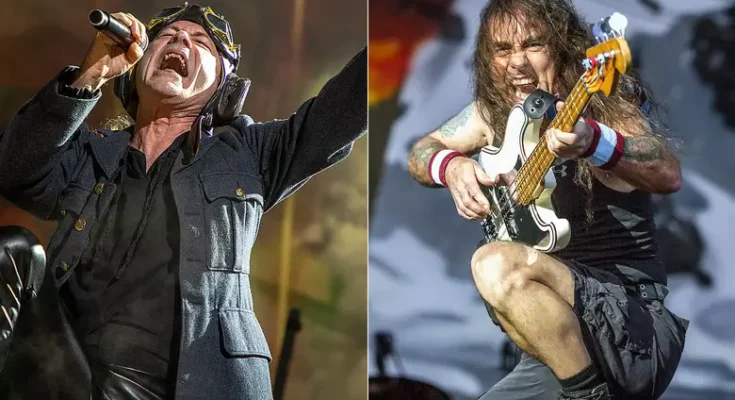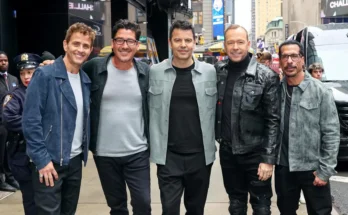Maiden’s legacy has always sparked debate among fans and former members alike, and this time it was Dennis Stratton, the band’s original guitarist, who voiced his criticisms. Stratton, who played a key role in shaping Iron Maiden’s debut sound before leaving the group in 1980, recently shared why certain albums never connected with him, pointing specifically to Seventh Son of a Seventh Son, The Final Frontier, and The Book of Souls. While he respects the band’s long-running success, Stratton admitted that some of their more ambitious work felt a little overextended and lacked the raw punch of their early material.
Looking back at the contrast between Maiden’s first two albums and the grand, theatrical records that came later, Stratton highlighted the major shift in direction. The early days were built on fast-paced, punk-inspired energy and gritty vocals from Paul Di’Anno, whereas Bruce Dickinson’s arrival ushered in an era of soaring operatic performances and complex arrangements. For Stratton, though, the experimental dueling guitars and lengthy epics of Seventh Son didn’t land the same way. He argued the band could have filled the space with more songs in the spirit of their original albums and produced something even stronger.
Despite his critiques, Stratton remains supportive of the group and still enjoys catching them live. However, he admitted that some setlists during the Final Frontier and Book of Souls tours left him underwhelmed, calling certain songs “a little dull” compared to their classics. Still, he noted that whenever the band launches into early anthems like Iron Maiden or Phantom of the Opera, the crowd’s energy surges. One memory that stood out to him was seeing bassist Steve Harris slow down a classic track on stage — something Stratton never thought Harris, known for his relentless speed, would attempt.
Meanwhile, within the band’s own ranks, Steve Harris recently opened up about a difficult chapter in Iron Maiden’s history. In late 2024, drummer Nicko McBrain, who had been with the band for over four decades, officially retired after suffering health issues the year prior. Harris admitted the decision to continue without McBrain was tough but necessary, and ultimately it was McBrain’s choice to step away. The band pressed on with their tour, honoring both his legacy and his decision.
McBrain, in his retirement statement, expressed a mix of sorrow and gratitude as he looked back on his 42 years with Iron Maiden. He thanked fans, family, and bandmates for supporting him throughout the journey, calling the experience “a dream come true.” His departure marked the end of an era, but also underscored the resilience of Iron Maiden — a band that, despite shifts in sound, lineup changes, and even criticism from former members, continues to be one of the most enduring forces in heavy metal.
Would you like me to make this sound more fan-centered and emotional (highlighting the loyalty of Maiden fans), or more journalistic (neutral and informative like a news site)?



